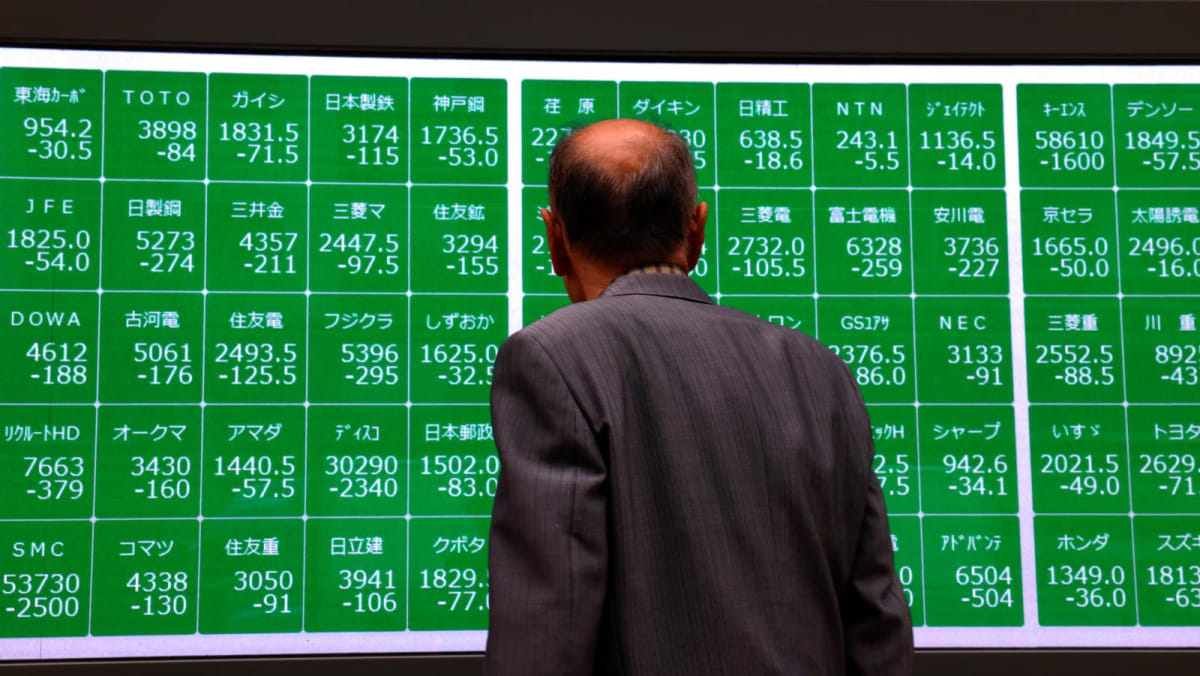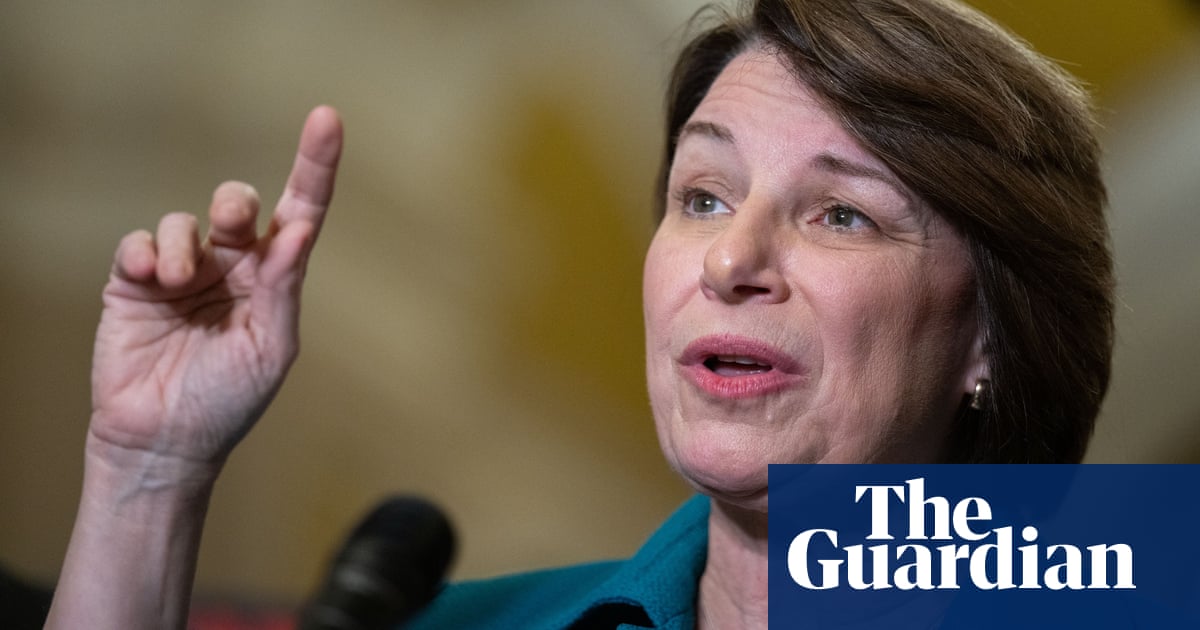Asian Markets Tread Cautiously Amid Anticipation of Trump's Tariff Announcement

HONG KONG: Asian markets experienced a slight uptick on Wednesday, April 2, as investors tread carefully in anticipation of a significant announcement from U.S. President Donald Trump regarding tariffs. Dubbed 'Liberation Day' by Trump, the announcement has created an air of uncertainty that has permeated trading floors, as investors speculate about the extent and impact of the proposed tariffs. In the lead-up to this announcement, global equities have faced significant pressure, reflecting widespread concern over the potential economic repercussions of Trump's tariff strategy. The president has warned of imposing tariffs on a wide range of imports, targeting both allies and adversaries alike, under the premise that the United States has been subjected to unfair trade practices for years. His rhetoric suggests a confrontational approach that could reshape international trade alliances. For weeks, Trump has hinted at these tariff measures, indicating they might be designed to counterbalance tariffs imposed by other countries. However, recent reports from U.S. media outlets have revealed that Trump is considering various approaches, including a sweeping blanket tariff of 20 percent on numerous imports or a more nuanced strategy that offers preferential treatment to select nations. Additionally, the White House is set to implement a 25 percent tariff on automobiles, a move that was announced the previous week and is expected to take effect on Thursday. This decision is part of a broader strategy aimed at revitalizing American manufacturing, with Trump asserting that it will usher in a 'golden age' for U.S. industry. The announcement is scheduled for 4 PM in Washington, D.C. (4 AM Singapore time), following the close of Wall Street markets. Despite the timing, administration officials have indicated that details remain unresolved, leading to heightened market anxiety. Analysts are sounding alarms over the prevailing uncertainty surrounding these tariff discussions. Oliver Blackbourn and Adam Hetts from Janus Henderson Investments noted that 'investors and company management dislike uncertainty, and the piecemeal, unreliable way in which tariff announcements are being delivered is creating plenty of it.' They further added that the projected average tariff rates could vary significantly, with estimates ranging from moderate increases of a few percentage points to much steeper double-digit tariffs in more aggressive scenarios. What remains clear, according to analysts, is that tariffs generally pose risks to economic growth, consumer spending, and market stability. Chris Weston from Pepperstone Group emphasized that if tariffs are implemented immediately, it would provide a degree of certainty to markets, albeit at the cost of limiting potential diplomatic negotiations. He remarked, 'This scenario - while hardly a positive for economics or earnings assumptions - would increase the conviction behind how we respond to the 'facts.'' Nevertheless, the complexity of international relations means that any tariff imposition could provoke retaliatory measures from other countries, leaving investors on edge as they navigate this unpredictable landscape. The coming days will be crucial as markets react to Trump's announcement and the global economic community assesses the implications of a new phase in U.S. trade policy.


















